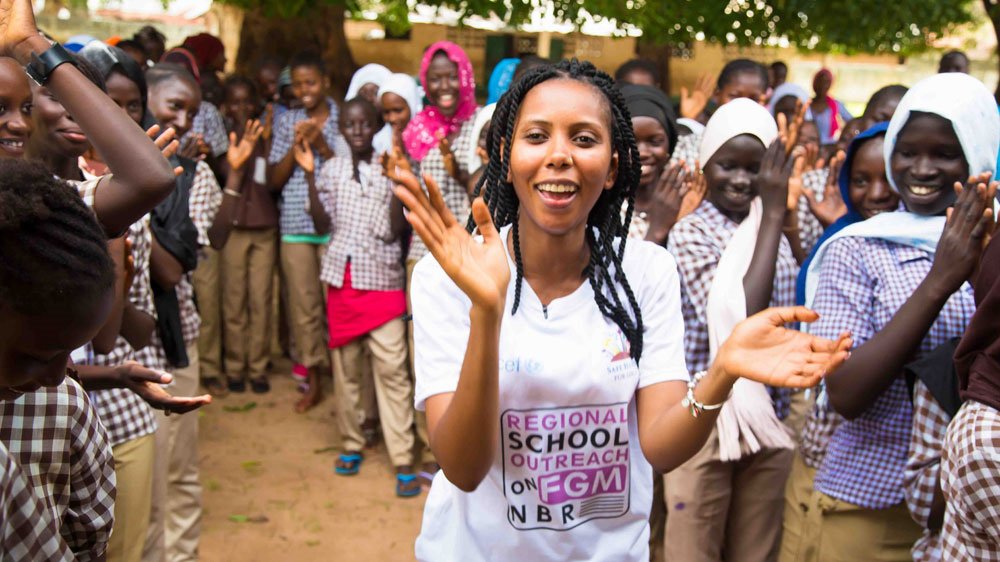It has been five years since the now-exiled former authoritarian leader withdrew his country from the Commonwealth nations, calling it a “neo-colonial institution”. During his 23-year rule, Yahya Jammeh, who fled the Gambia a year ago after regional militaries launched an operation to remove him, repeatedly clashed with British authorities over criticisms of his government’s human rights record.
He withdrew the Gambia from the grouping, which includes the United Kingdom and most of its former colonies, in 2013. “The Gambia is ready to regain its former glory on the international stage and reiterates its commitment to the fundamental values of the Commonwealth Charter,” the foreign ministry said in a recent statement.
Though its sandy beaches have made it a popular destination for sun-seeking European tourists, under Jammeh, Gambia also garnered a reputation as a repressive state where journalists and political opponents were jailed, tortured, and even murdered but following President Adama Barrow’s leadership tenure, after he had won the December 2016 elections an attempt is now being made to reverse many of his predecessor’s most controversial decisions and rehabilitate the Gambia’s image abroad.
He therefore seeks to place Gambia on a high international pedestal. He has also halted the Gambia’s withdrawal from the International Criminal Court. “It is the fervent desire of this government that our membership to the Commonwealth will usher in an era of socio-economic development,” the foreign ministry statement said.


